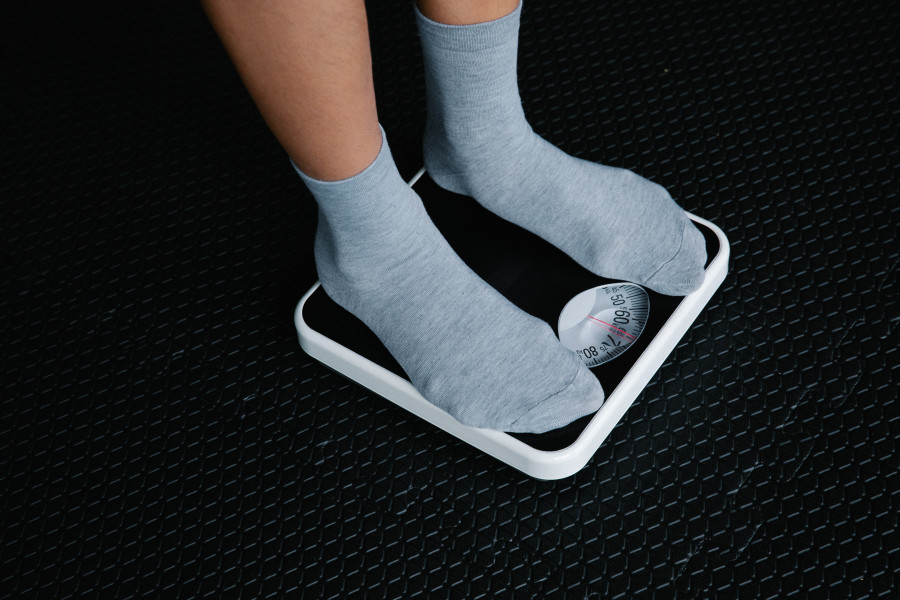We’ve all been guilty of checking the number on the scale from time-to-time. Maybe you’re looking to reveal your summer body in time for a holiday or want to cut down in time for a big life event. The truth is though, that the number you see isn’t necessarily an accurate reflection of the work you are putting in both with your diet and your workouts.
Here are five reasons why you shouldn’t focus purely on the number on the scale :
Our weight fluctuates based on water storage and food intake
The amount of water that you drink and food that you have recently eaten can massively impact your weight. Water retention and recent food intake can make your weight fluctuate by as much as 3 kilograms! If you’ve had a particularly large meal that's high in carbs, and followed this with plenty of water, you could see weight gain. This isn’t an accurate reflection that your body mass has increased, however. It just suggests your body is retaining water.
Your weight isn’t reflective of your body fat percentage
A scale tells you your body's weight, regardless of your composition. It doesn’t tell you how much body fat you have or where your body fat is stored. It’s entirely possible that someone who is heavier than you can have a lower body fat percentage if they are holding more muscle and training more frequently. Some studies suggest that a lower weight coupled with a sedentary lifestyle can result in people who have a healthy BMI still holding higher levels of fat, especially visceral fat.
The number on the scale doesn’t factor in muscle growth
Just as a scale doesn’t show body fat percentage, it also doesn’t show your muscle mass levels. Muscle, in particular lean muscle mass, weighs the same as fat but can appear much smaller on your body. It’s easy to feel frustrated if your weight doesn’t seem to be changing, but if you feel stronger and are starting to notice changes in the way your clothes fit, then you are on the right path!
Your weight isn’t a reflection of your health
Whilst a high Body Mass Index can help predict underlying health issues in certain situations, it certainly isn’t an accurate reflection of an individual's overall health. BMI calculators, just like scales, don’t calculate muscle mass and body fat percentage. They also don’t show the health of your body, your organs or your fitness levels. Health & wellbeing covers many areas; Nutrition, sleep, stress management, energy levels & exercise just to name a few. It’s entirely possible for an individual with what’s considered a healthy BMI to have poor overall health if they have a poor diet or lead a sedentary lifestyle.
Trust the process!
Whatever your goal is, whether it’s to lean down and lose body fat, or bulk up and build some serious muscle, you should trust in the process! If you are tracking your calories accurately, following your workout plan and can see and feel incremental changes, then you are on the right path.
Whilst the number on the scale can be useful if you have a high body mass and want to gauge how your fat loss journey is going, it doesn’t need to be something you check daily. If you are looking to change how your body looks and build muscle, then weight loss doesn’t necessarily need to be your goal, and the scales won’t necessarily show you your progress! If you feel like you need a hand with your goals and want some advice, head on over to our Personal Training page for more info on how one of our dedicated PTs could help you out. https://www.lifestylefitness.co.uk/personal-training




